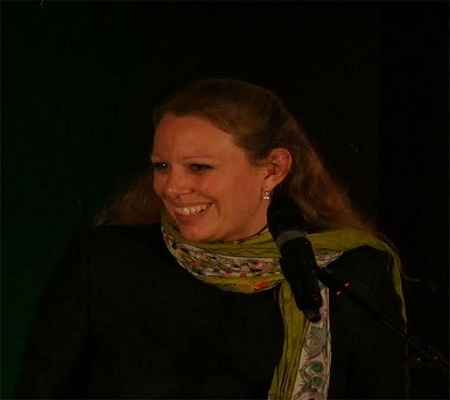
On Thursday 20 December 2018, Luxembourg Minister for the Environment, Climate and Sustainable Development Carole Dieschbourg participated in the Environment Council held in Brussels.
First on the agenda of this gathering of Environment Ministers was discussion of the proposed regulation to set CO2 emission standards for heavy goods vehicles. This regulation would subject heavy commercial vehicles to greenhouse gas emission reduction targets. Insufficient action would mean that emission reductions will have to be borne by other emitting sectors such as agriculture, buildings or some of the companies, or in the last resort, non-compliance costs would be borne by taxpayers.
In this regard, Minister Dieschbourg stressed that: "Today we have reached a milestone with this agreement in the Council and I will continue to be involved in strengthening this law. Luxembourgers will thus benefit from more reductions in CO2 emissions and air pollutants, and heavy truck manufacturers are encouraged to innovate and give themselves the best cards to remain competitive in the markets of the future."
Ministers then had a first exchange of views on the recent strategic communication by the European Commission entitled "long-term strategic vision of the European Union (EU) for a climate neutral economy" for the reduction of Greenhouse gas emissions. For Luxembourg, the only arguable scenarios are those in line with the target of 1.5°C and "net-zero" emissions by 2050. For Minister Dieschbourg, the objectives for this dossier are clear: to submit a strategy by 2020 that is coherent and compatible with the objectives of the Paris Agreement, to prioritise existing, affordable, secure and sustainable energy, ie, promoting renewable energy and energy efficiency and excluding nuclear energy.
The Environment Council also found a partial general direction on the new programme for the financial instrument of the European Environment LIFE for the period 2021-2027. The proposed regulation will ensure that the EU's flagship programme for environmental protection, climate action and wildlife and habitat conservation in Europe continues beyond 2020. Since its inception in 1992, the LIFE program played a key role in Luxembourg to support the implementation of European objectives in the field of the environment, including in particular the restoration of habitats and the preservation of species.
Among the other topics discussed at the Council meeting, the Austrian Presidency briefed ministers on the Single Use Plastics Directive and the CO2 Emissions Regulation for Cars and Light Trucks.








